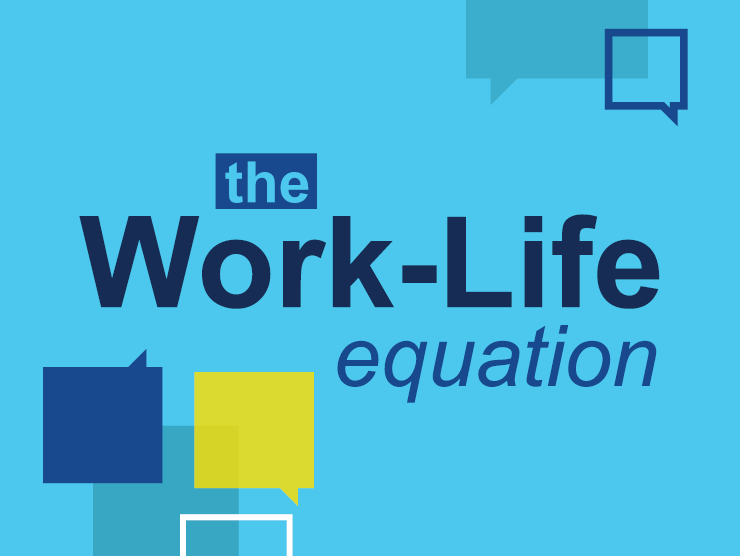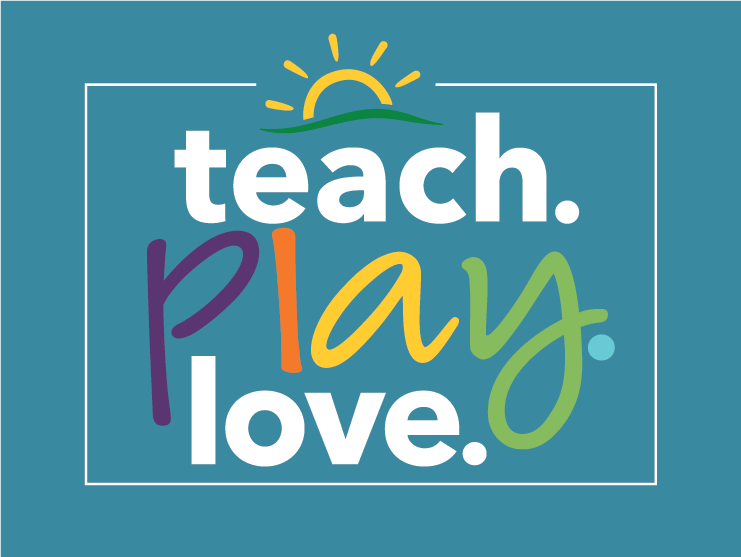Resources working parents need to help children succeed academically and beyond.
Resources from Bright Horizons
From Our Experts
What's Trending Now
Dive right into our most popular topics.
Navigating the challenges and adventures of children between the years of school age and college.
Tips and ideas for families managing children, elders, and all of life in between.
College ahead: how to save, plan, and pay to maximize your resources.
Resources for future parenthood, from finances to child care planning, and more.
Featured Thought Leader
Highlights From Priya
Browse by Resource
Refine your search by choosing a content type below.









